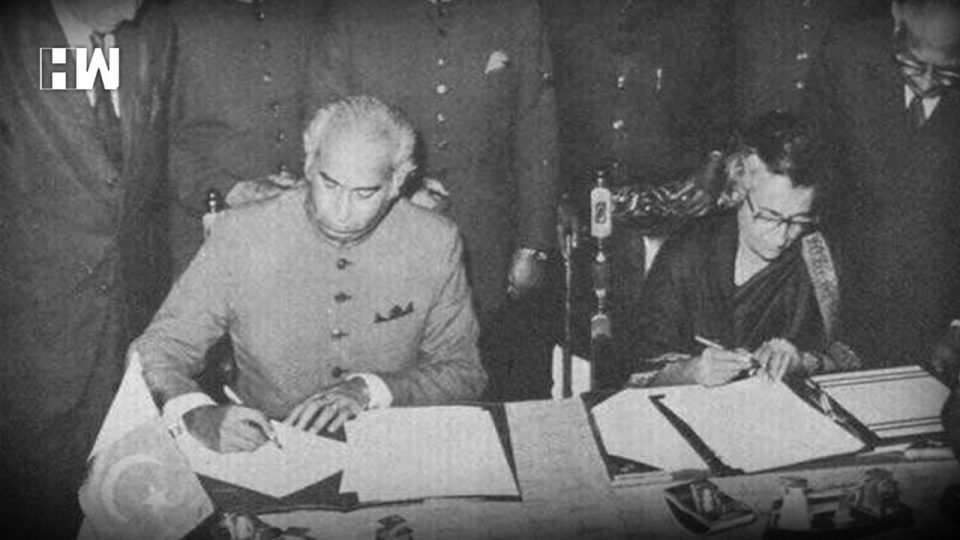New Delhi | US President Donald Trump stunned India on Monday by saying that Prime Minister Modi, during the G20 summit in Osaka, Japan, sought his help in resolving the Kashmir issue.
“I was with Prime Minister Modi two weeks ago and we talked about this subject (Kashmir). And he actually said, ‘would you like to be a mediator or arbitrator?’ I said, ‘where?’ (Modi said) ‘Kashmir’,” Trump said during his talks with Khan, their first since the latter came to power in August 2018.
“Because this has been going on for many, many years. I am surprised at how long it has been going on (for long),” he said, with Khan responding 70 years.
Also Read: PM Modi has betrayed nation’s interest: Rahul Gandhi on Trump’s Kashmir remark
“I think they (Indians) would like to see it resolved. I think you would like to see it resolved. And if I can help, I would love to be a mediator. It should be….we have two incredible countries that are very, very smart with very smart leadership, (and they) can’t solve a problem like that. But if you would want me to mediate or arbitrate, I would be willing to do that,” Trump said.
“So all those issues should be resolved. So, he (Modi) has to ask me the same thing. So maybe we’ll speak to him. Or I’ll speak to him and we’ll see if we can do something,” Trump said.
However, Donald Trump’s plan of mediating between India and Pakistan won’t be successful due to an agreement signed by both the neighbouring countries way back in 1972 called the Shimla Agreement.
Also Read: Amid protest, Hurriyat welcomes Donald Trump’s mediation on Kashmir issue
The 1972 Shimla Agreement was signed by then Indian Prime Minister Indira Gandhi and Pakistan President Zulfiqar Ali Bhutto on 2nd July 1972 as a comprehensive blueprint for good neighbourly relations between both the countries. The agreement emphasized on respect for each other’s territorial integrity and sovereignty; non-interference in each other’s internal affairs; respect for each others unity, political independence; sovereign equality; and abjuring hostile propaganda.
The signed agreement converted the cease-fire line of 17 December 1971 into the Line of Control (LOC) between India and Pakistan and it was agreed that “neither side shall seek to alter it unilaterally, irrespective of mutual differences and legal interpretations”. Neither side shall unilaterally alter the situation and both shall prevent the organization, assistance or encouragement of any acts detrimental to the maintenance of peaceful and harmonious relations
Both Governments agreed that their respective Heads will meet again at a mutually convenient time in the future and the representatives of the two sides will meet to discuss further the modalities and arrangements for the establishment of durable peace and normalization of relations, including the questions of repatriation of prisoners of war and civilian internees, a final settlement of Jammu and Kashmir and the resumption of diplomatic relations.
As an independent media platform, we do not take advertisements from governments and corporate houses. It is you, our readers, who have supported us on our journey to do honest and unbiased journalism. Please contribute, so that we can continue to do the same in future.

